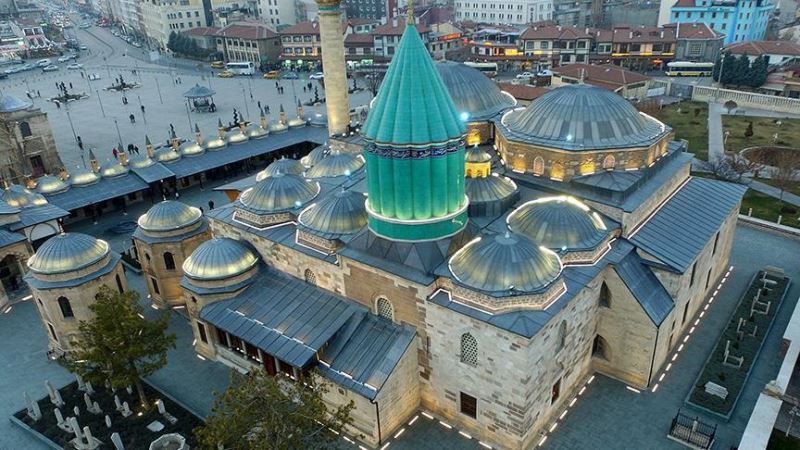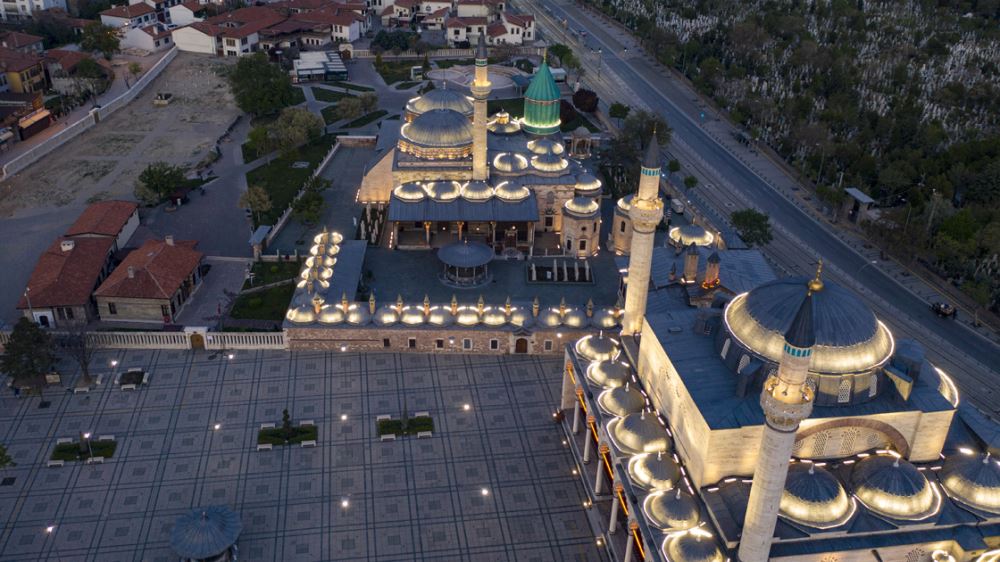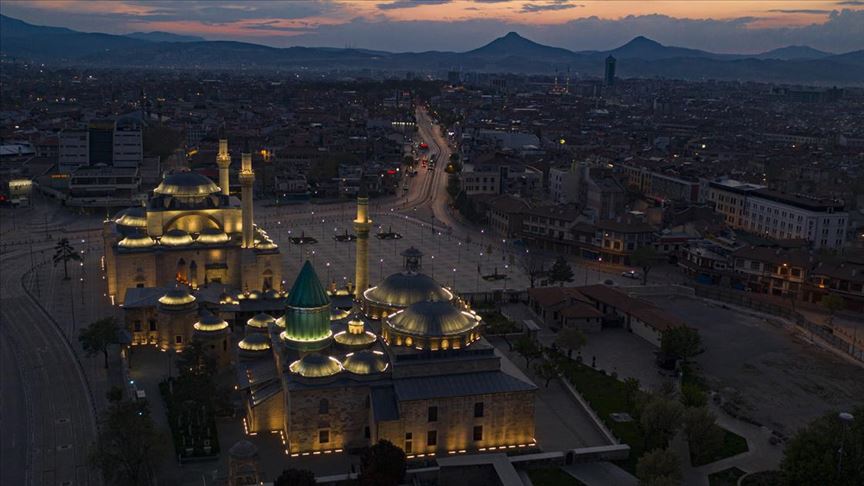Great Sufi scholar still inspires millions across world with his words of wisdom on life, divine love and more
Catholic priest converts to Islam and changed his name to Ismail - ''I cried for hours"
Although it has been 748 years since the passing of Rumi, an Islamic scholar, poet, and Sufi mystic, his teachings transcending boundaries of race, color, or religion still echo today and influence people all over the world.
Rumi's transformation into an enigmatic mystic did not happen overnight, as his story began when he was forced to leave his homeland in present-day Afghanistan along with his family due to political developments and an incoming Mongol invasion.
The migration route covered a variety of locations for Rumi and his family as they had been to Nishapur, Mecca, Medina, Damascus, and different parts of Anatolia before finally settling in central Konya province of today’s Turkey upon the invitation of the sultan of Anatolian Seljuks.
While Rumi had opportunities to exchange views and learn from scholars during his years of traveling, he later studied religious subjects in Damascus and Aleppo for about a decade following the demise of his father in 1231.

The sermons, spiritual guidance he offered, and his lectures on Islam gained him quite a reputation among people in around 1240. Yet the turning point of his life was in 1244 when he met a wandering dervish -- Shams-e Tabrizi -- who deeply influenced him.
The two men of religion and thought spent years together, sharing their deep views over Islamic spiritualism while almost completely isolating themselves from the material world. However, Shams-e Tabrizi disappeared one day, never to be seen again, with some rumoring he was fed up with the ill comments of the people around, leaving Rumi or others to argue that he was murdered.
Nevertheless, as Rumi’s search for his mentor bore no fruit, he turned into a man of sorrow until the day he realized that he “had been looking for himself” during his search for his friend.
Later on, Rumi produced his great work: the Masnavi poem. Consisting of over 50,000 verses, it is considered one of the most influential works on Sufism and has been translated into 26 languages. Rumi shares his insights over tolerance, divine love, the concept of life, and spiritualism in his writing.

Whirling Dervishes
Following Rumi’s demise in the year 1273, his followers founded the Mevlevi Order, also known as the Order of the Whirling Dervishes, which is known globally for the Sufi dance ritual, or Sema.
The Sema ritual – declared one of the Masterpieces of the Oral and Cultural Heritage of Humanity by UNESCO -- starts with a song praising the Muslim Prophet Muhammad and is followed by the entrance of dervishes who later perform whirling dancing with their arms across their chests in time with the music.
Symbolism plays an important role during the whole process: Their right hand with an open palm extends upwards, indicating reception from God, passage through the heart's path whereas the left hand with the palm extending downwards indicates fair distribution among fellow men.

Every year from Dec. 7-17, a commemorative event titled “Seb-i Arus” is held in Konya province to remember the enigmatic poet, and whirling dervishes perform to pay tribute to Rumi, the man who guided their path.
“Seb-i Arus” means “Wedding Night,” a reference suggesting Rumi’s reunion with God. He called on his followers not to shed tears by his tomb but to celebrate his union with his beloved Lord following his demise.
Today, Rumi’s words of wisdom revolving around respect, intimacy, tolerance, and love still guide and influence people of all colors, nationalities, and religions. His popularity has grown in both the West and the East with millions of people quoting him on numerous issues.
"When we are dead, seek not our tomb in the earth, but find it in the hearts of men," reads Rumi’s epitaph in Konya.
AA